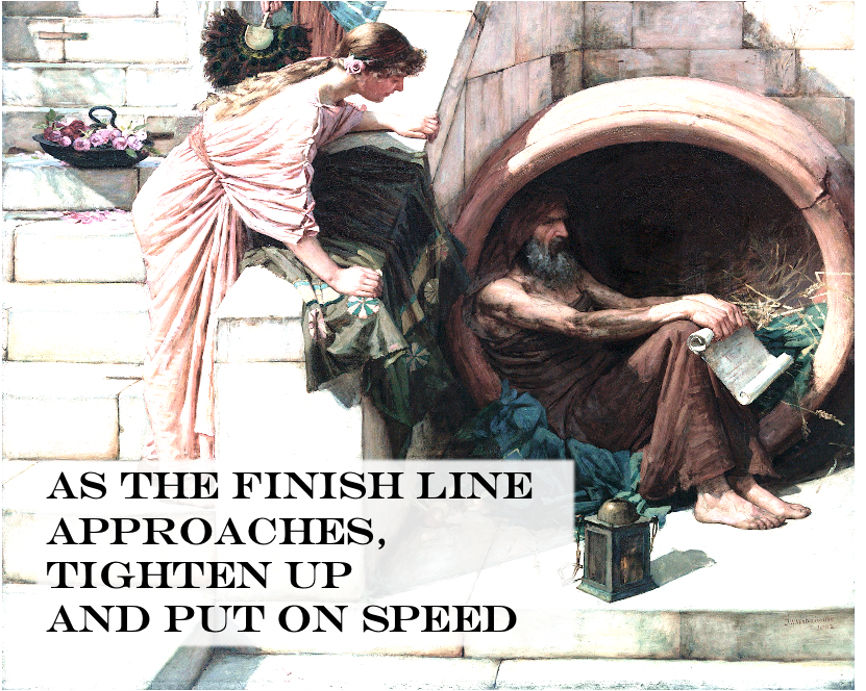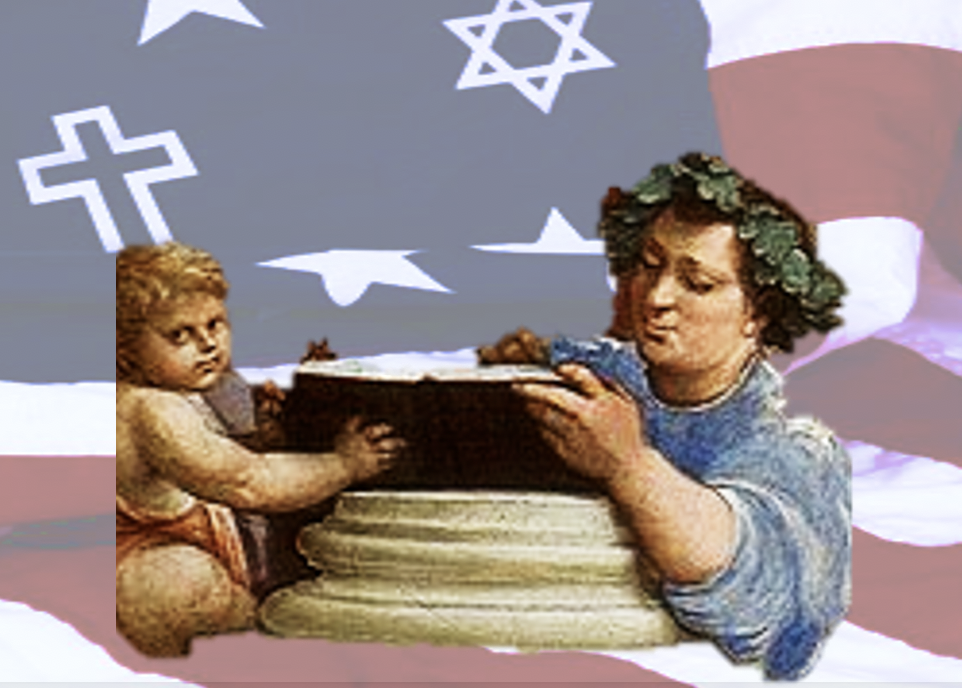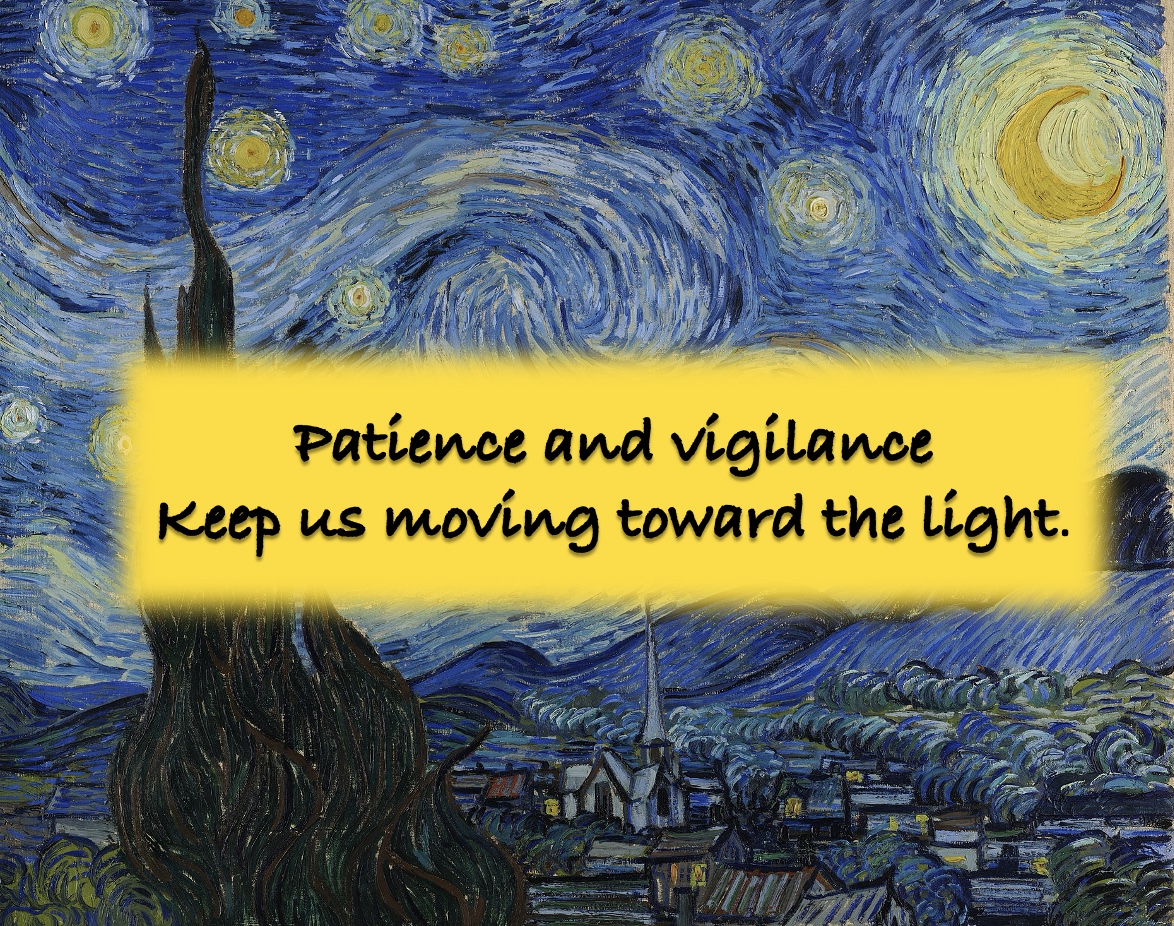As more people get vaccinated and coronavirus restrictions ease up, public health officials are worried that we will ditch our masks and let down our guard. It is not yet time to celebrate. When you see the finish line, breathe deep and bear down.
Virtues such as patience, fortitude, and endurance are often ignored in a culture of instant gratification. Consumerism feeds the frenzy of appetite. Despite COVID-19 restrictions, we have not generally adopted a Spartan lifestyle. Instead, we have embraced DoorDash, Netflix, and the drive-thru window. Pornography consumption increased under COVID, as did alcoholism and obesity.
A recent survey reports that more than 60% of Americans gained weight while living under lockdown. The average weight gain was 29 pounds. This is worrying since obesity is an important factor in COVID-19 mortality.
Our obesity problem indicates the role that social systems play in supporting good (or bad) habits. Self-control is important. But social circumstances matter. The American Academy of Pediatrics cautions that COVID-related disruptions in school can increase obesity in children, as kids spend more time on screens, exercise less, and eat more unhealthy foods.
Social support helps develop the crucial ability to delay gratification. Delayed gratification is a sign of moral maturity and a key to living well.
The famous Stanford “marshmallow experiment” showed that children who could resist the temptation of immediate gratification ended up with better life outcomes. That experiment forms the basis of a book by Walter Mischel who claims that self-control is “the engine of success.” Critics have pointed out that self-control is linked to class, race, and other social determinants. The children of well-educated families are better at delaying gratification. And affluence may mitigate the negative outcomes of a lack of impulse control.
The question of self-control is as old as the Greeks. Aristotle connected self-regulation with happiness. Pleasure seduces us into making bad choices. Virtue helps us resist the siren-song of unbridled appetite.
Aristotle was puzzled by weakness of will. Why do some people have the ability to control their appetites while others do not? And how come we lose this ability when asleep, drunk, or overcome by strong emotions?
Aristotle compared weak-willed people to beasts. But unlike the beasts, we ought to know better. And we can train ourselves in self-control. Education and social support networks provide the solution. Good education and good friends support good habits.
The ancient Stoics developed this idea into an elaborate system of training in virtue and self-mastery. One important technique is to develop critical thinking. If you really understand what’s good for you, you will do the right thing. And if you really understood what was bad for you, you would avoid it.
But knowledge must be supplemented by habit. Stoic spiritual training also included physical austerities designed to accustom the self to hardship. The Greek root of our word “austerity” also means “bitterness.” The Stoics systematically embraced bitterness. They exposed themselves to cold and to heat. They fasted and abstained from sex. They exercised in the gymnasium and slept on hard beds. And they constantly reminded themselves of illness, grief and death.
Patience, fortitude, and endurance were key virtues for the Stoics. These are important values for living well. But these are not the only values that matter. Sometimes, it is wise to loosen up and enjoy life. Austerity can indeed be bitter. Asceticism needs to be balanced with sweetness and joy.
The Stoics also enjoyed pleasure, but in moderation. The founder of Stoicism, Zeno, was known as a sour-faced and reserved man. But like Socrates, he drank wine occasionally — although he did not get drunk.
There is a time and place for everything. At some point, our masks will come off and we’ll raise a glass at the local watering hole. But Stoic endurance is especially important as the finish line comes into view.
When the philosopher Diogenes was an old man, his friends invited him to rest and take it easy. He thought that was terrible advice. He said that the end of the race is no time to go slack. Rather, as the finish line approaches, we ought to tighten up and put on speed.




